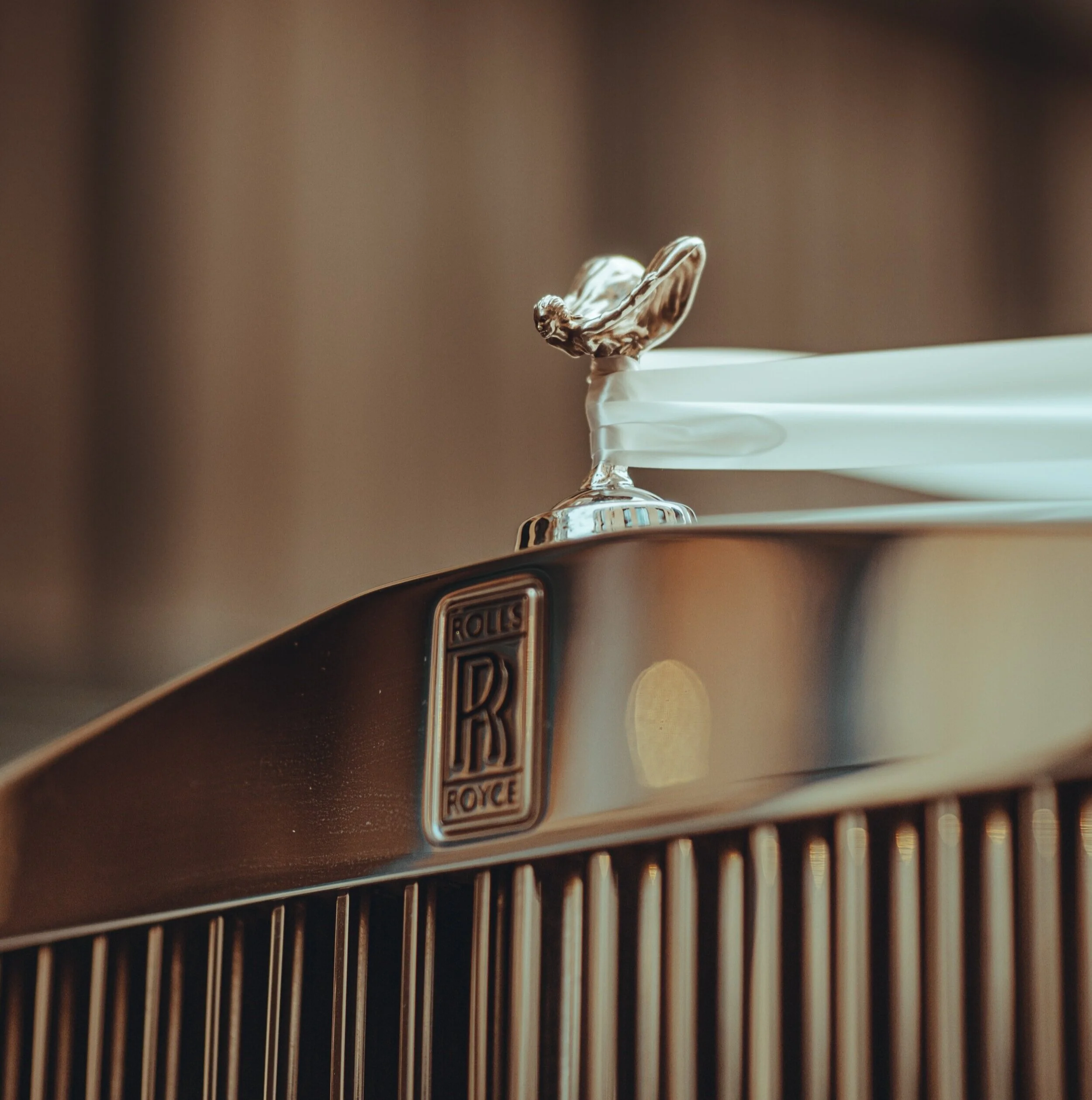Decode Skincare and Beauty Lingos
With the rise of K-Beauty products, the latest TikTok fad, and DIY skincare, a new crop of beauty trends, buzzwords, and marketing terms arise. You are left to try to decode what actually works and what is jargon.
David Petrillo, a cosmetic chemist and CEO and founder of skincare company Perfect Image, dives deep into questions about what marketing and buzzwords really mean, and if a certain product can achieve the results consumers seek. Such phrases include “glass skin,” “dewy skin,” and even “hydrated.” What do these mean, and how do you select appropriate skincare to achieve your desired results without being betrayed by marketing hype?
Here are some common phrases you should know more about:
Patented Technology
This is a marketing term used to provide, sometimes falsely, a sense that the consumer is buying something that is highly innovative. But patents aren’t necessarily a surefire sign that something is groundbreaking. Patents are sometimes authorized based on a technical change rather than a scientific breakthrough meaning new combinations of ingredients or methods of production can be promoted as being “patented technology.” What consumers really want to do is identify what their skin needs and buy products with ingredients that are proven to effectively improve the skin in that area.
Maximum strength
This is a term used often by skin cleansers and moisturizers. But this is a relative term, and consumers don’t exactly know what the maximum strength entails or how the product benefits their skin more than the competition.
Clinical strength
From painkillers to hydrating serums, companies love to highlight how their products are “clinical strength.” In these cases, healthy skepticism is, well, healthy. In many cases, a product claiming clinical strength could have been tested by the doctors developing the products, and the term can also be relative. Remember, anything that really is maximum strength or clinical strength is often regulated to a prescription.
FDA Cleared
The FDA has different protocols for skincare products that make cosmetic claims as opposed to those that make more medical claims, such as promising to increase the production of collagen in the skin. Since that is a body function, the FDA treats those differently than normal skincare products. However, the FDA just stipulates that the product being sold is safe to use in the manner in which it is directed to be used. FDA approval is not a credential that shows the superiority of results.
Hydrating
Products and consumers often use hydrating and moisturizing interchangeably, but this is inaccurate. If you want to hydrate your skin, this means you have skin that has become dull and possibly dry -- you need a humectant such as hyaluronic acid or glycerin to draw water to the cells. If you need to moisturize your skin, you need a moisturizer that seals water in to prevent water loss. Today there are a variety of moisturizers, especially gel moisturizers, that have components that are both moisturizing and hydrating. These are good, but your choice of product depends on the individual condition of your skin. If you have extremely dry or dull skin, you may need one product that performs one function very well, rather than a jack of all trades.
Glass skin
Glass skin is a buzzword that has emerged in recent years to describe the effect of Korean beauty products, which make the skin look hydrated, luminous, and smooth. Usually, because all those adjectives entail different steps in a beauty routine, one needs several products to achieve this look, including an exfoliator, a serum, and a humectant. But more and more, single products are claiming to bring about this effect -- while they may fit well into a beauty routine, one product will have a difficult time hydrating the skin while also brightening it and exfoliating it to give it a smoother and even texture.
About the Expert:
David Petrillo graduated in 2007 with a degree in Chemistry from Missouri University prior to working as a researcher in the cosmetics industry. His experiences in the lab led him to found his own company, Perfect Image, with a vision of making medical-grade peels and other cosmetic products more affordable.
With ten plus years of experience in the lab and equipped with the experience of formulating his own products to innovate the industry -- David is able to answer questions for the media on a variety of cosmetic chemistry questions.
***
Yvon Lux is the editor of her Apple News channel. Her “blogazine” celebrates sisterhood and empowers women by focusing on women’s health, travel and entrepreneurial news while also sharing the most coveted trends and stories. Yvon also published a journal and fast track guide to learning unconditional self-care while claiming your peace and happiness. The Best Friend Journal is available on Amazon now.
As an entrepreneur and influencer, she has been featured in Thrive Global, Los Angeles Times, Orange County Register, Modern Luxury Magazine, and various other media outlets. Connect with her on Instagram and subscribe to her Apple News channel!





